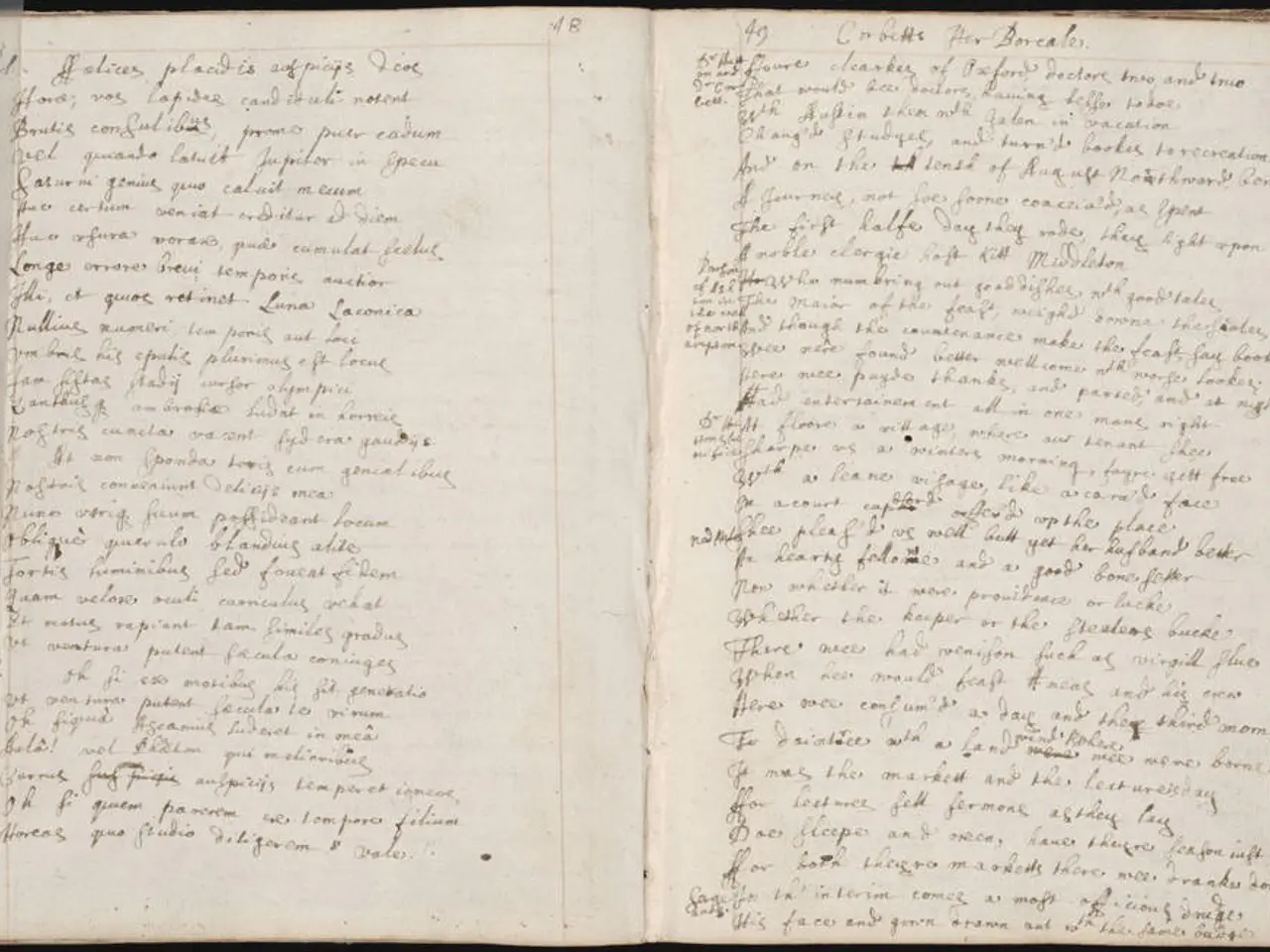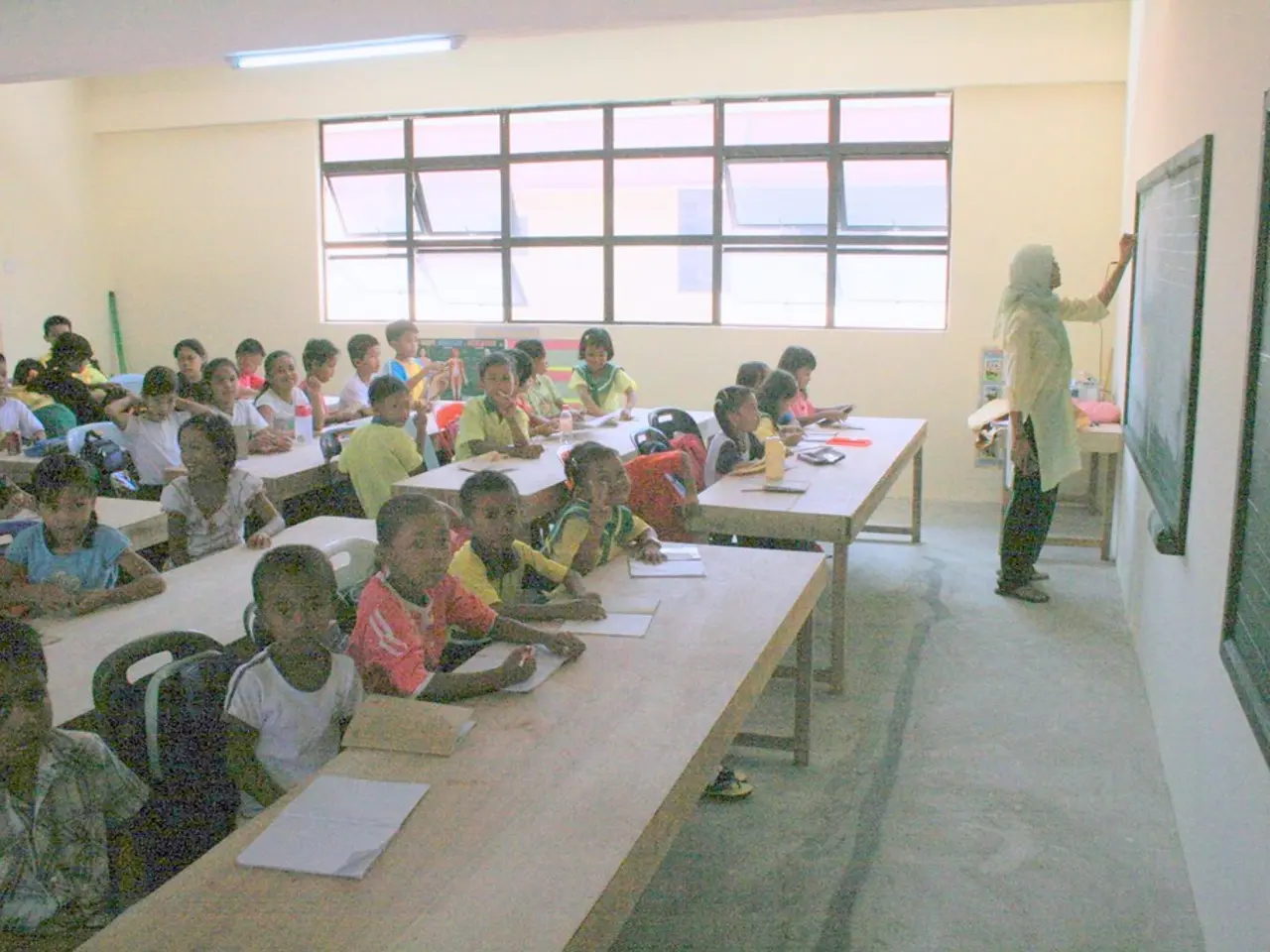IB Theory of Knowledge Exam Themes for May 2025: Examination Topics for IB Theory of Knowledge Course
The International Baccalaureate (IB) has announced the Theory of Knowledge (TOK) essay prescribed titles for the May 2025 examination session, and one of these titles invites students to delve into the realm of ethics and its intersection with history and the human sciences. The question at hand is: Do historians and human scientists have an ethical obligation to follow the directive "do not ignore contradictory evidence"?
In addressing this question, students are expected to develop critical analysis concerning the ethical implications of disregarding contradictory evidence in these disciplines. They must reference at least two Areas of Knowledge (AOKs) that are relevant to the title, such as history, the human sciences, and perhaps ethics or religious knowledge systems.
The choice of AOKs should align with the title's theme and support the argument effectively. For instance, examining the role of ethics in the field of history could involve exploring how historians should approach and present contradictory evidence, considering the potential impact on historical narratives and the public's understanding of the past. Similarly, in the human sciences, the ethical implications of disregarding contradictory evidence could be examined in the context of research methodologies and the validity of findings.
Incorporating Ways of Knowing, such as perception, reason, language, and emotion, will help students analyse how knowledge claims are accepted or disputed in the chosen AOKs. By examining the strengths and limitations of the idea that historians and human scientists should not ignore contradictory evidence, students can provide a nuanced and critical analysis rather than a descriptive summary.
The essay should be a focused exploration of the chosen title, up to 1600 words in length (excluding references and acknowledgements). Completion of the essay is expected to take approximately 10 hours of preparation and writing.
Other May 2025 TOK Essay Prescribed Titles include:
- Is our most revered knowledge more fragile than we assume it to be?
- All models are wrong, but some are useful: Examining this claim with reference to mathematics and one other area of knowledge.
- Discussing the fragility of knowledge with reference to the arts and one other area of knowledge.
- Reconciling the pursuit of knowledge with finite resources, focusing on the natural sciences and one other area of knowledge.
- Analysis of whether improved tools in two areas of knowledge always result in improved knowledge.
- Discussion on whether acquiring knowledge destroys our sense of wonder, focusing on two areas of knowledge.
Each of these titles offers students an opportunity to engage in critical analysis, explore knowledge questions, and reference relevant Areas of Knowledge to structure their discussions.
- Exploring the title's theme of ethics and its intersection with history and the human sciences, students are encouraged to delve into the realm of education-and-self-development, focusing on the learning process that involves critically analyzing the ethical obligations of historians and human scientists in addressing contradictory evidence.
- By referencing at least two Areas of Knowledge, such as history, the human sciences, and perhaps ethics or religious knowledge systems, students can construct a well-supported argument that showcases their understanding of the importance of learning to handle and evaluate contradictory evidence responsibly, contributing to the development of their intellectual independence and self-awareness.




